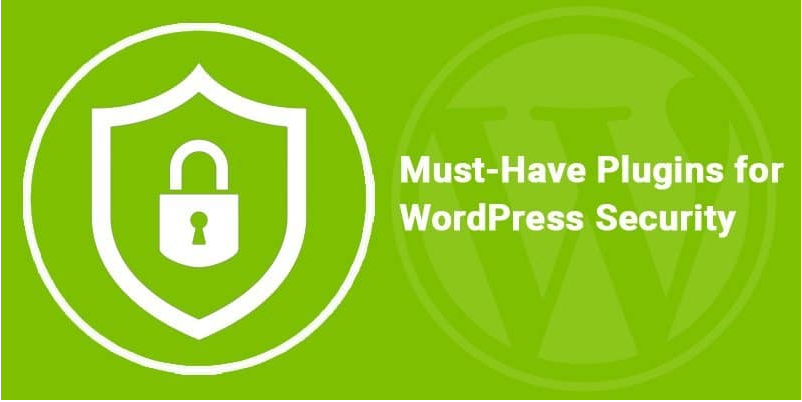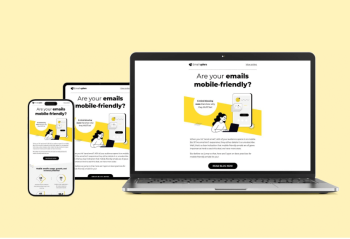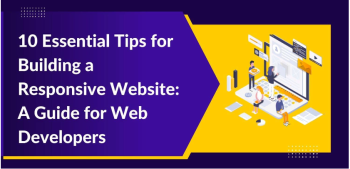Security is one of the most important
factors to look out for when maintaining your website. A domain that isn’t
equipped with adequate protection can result in DDoS attacks on your web page,
and the theft of financial information.
If you use WordPress, it’s pretty easy to upgrade your security
through the use of third-party plugins. There are a lot of security plugins to
choose from, so this article is only going to cover those that have proven to
be extremely efficient at what they do.
1.
WordFence
WordFence boasts over a million downloads, making it one of the
most popular WordPress security plugins. It offers effective protection
features like IP blocking, firewalling, malware monitoring and login security.
Once it’s installed, WordFence will automatically scan the
website for potential infections. Then it will run a deep scan of the source
code, compare it to the official WordPress repository and search for any
suspicious inconsistencies.
WordFence is a free plugin, but there is a Premium version
available if you want access to advanced features like two-step authentication
and scheduled scanning.
2.
Bulletproof
Security
Bulletproof Security provides solid protection against XSS, RFI,
SQL and many other WordPress exploits. Some of its prominent features include
firewalling, login security, e-mail alerts and file quarantining.
An interesting feature of this plugin is the limitation of
excessive login attempts, effectively eliminating the possibility of brute
force security breaches.
A downside to Bulletproof Security is that the installation
process is a bit complicated, and a lot of important security features have to
be manually activated.
3.
Sucuri
Security
Sucuri Security is a free security plugin with extensive
functionality. It features blacklist monitoring, a website firewall, blacklist
monitoring, file integrity monitoring and malware scans.
This plugin actively monitors any changes that happen on your
website in real time, logs them for future reference and notifies you of a
potential security threat.
Failed login attempts are logged as well since those are often a
sign that someone is trying to brute force your account.
Must
Read: The Comparison Between Wordfence vs Sucuri- Which One is
Better?
4.
VaultPress
The sad truth is that the perfect security system simply doesn’t
exist. No matter how careful you are, there is always a possibility that
someone will be able to breach your website’s protection and compromise
important data. When that happens, having a backup can really save your skin.
VaultPress is an easy-to-use, automatic backup plugin that runs
in the background and continuously creates copies of your website on a separate
Cloud server. In the event of a security breach, it’s easy to recover any lost
data and bring your website back online.
Sadly, this plugin isn’t free, but the good news is that there
are multiple paid plans that you can opt out for, depending on your particular
needs.
5.
iThemes
Security
The iThemes security plugin employs 30 different ways of keeping
your website secure from hackers. It monitors your files for any unauthorized
changes, sends e-mail notifications whenever it detects suspicious activity,
and automatically bans the IP addresses of known attackers.
iThemes Security also provides you with two-step authentication,
password expirations and the ability to schedule your scans.
6.
WP
Security Ninja
If you want a low-hassle security solution for your WordPress
domain, we recommend you try WP Security Ninja. This plugin takes less than a
minute to scan your entire website, and then it provides you with a list of any
potential security concerns.
WP Security Ninja automatically detectsbrute force attacks, one
of the most common causes of a security breach. It also runs more than fifty
different security tests when it scans for malicious activity.
If you opt out for the Pro version, you can get access to
additional security features such as the Scheduled Scanner, Events Logger,and
Auto Fixer.
7.
All
In One WP Security & Firewall
This plugin provides three different levels of security that you
can choose from based on your level of experience. The Basic level is the least
invasive and keeps your website’s functionality intact.
The Intermediate and Advanced levels affect security in complex
ways and might cause some aspects of your website to stop working correctly, so
caution is advised when using them.
There are a lot of different features to choose from, and if you
aren’t afraid to experiment you can really do a lot for your security with this
plugin.
8. Conclusion
Security is often the most overlooked aspect of running a website until a
breach actually happens, and this can have catastrophic consequences for your
business.
Utilizing any of these third-party plugins can significantly
increase your security through regular scans, advanced methods of
authentication and protection against brute-force attempts.
Your website earns you revenue and is the online equivalent of
real-estate, so it is your responsibility to do everything in your power to
protect it from thieves and intruders.











